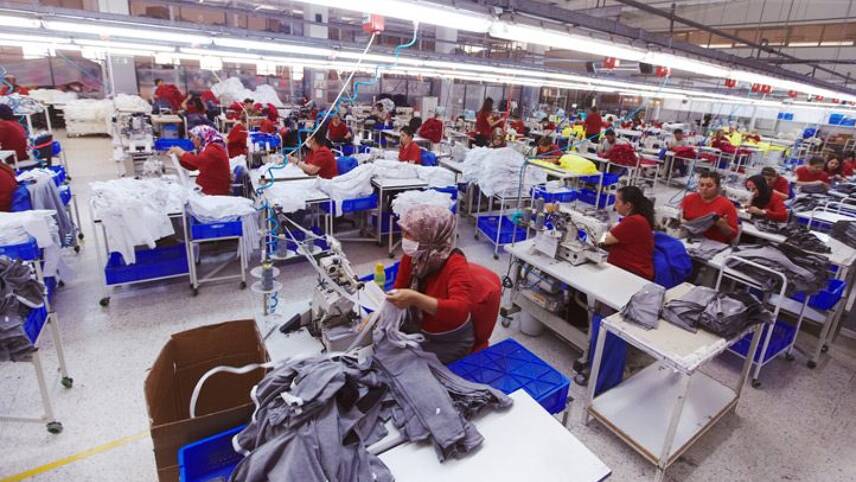Register for free and continue reading
Join our growing army of changemakers and get unlimited access to our premium content

As a 'non-essential' industry
The protests orchestrated by XR’s Fashion Action and Textiles Rebellion arms will take aim at brands accused of either failing to pay for orders which were completed or in production when lockdown forced non-essential retailers to close, cancelling orders at short-notice in breach of contract terms, or pushing for significant discounts from suppliers.
Among this cohort are the likes of Arcadia Group, owner of Topshop and Miss Selfridge; Urban Outfitters Group, which also owns Free People and Anthropologie; Primark, GAP and Levi Strauss.
During the protests, attendees will wave banners and flags, erect signs and offer to repair damaged clothing. Speeches and poetry performances will also take place.
According to non-profit Support Garment Workers, which is co-orchestrating the #PayUp campaign, $3bn (£2.4bn) worth of completed and in-process orders for garments, footwear and accessories have been cancelled or put on hold as a result of Covid-19 in Bangladesh alone. This trend has put two million jobs at risk, the organisation estimates.
Since the #PayUp campaign first launched, swathes of brands have publicly vowed to honour all completed and in-process orders and to work with suppliers to negotiate upcoming orders. Among them are ASOS, Next, Zara’s parent firm Inditex and VF Corporation, owner of Timberland, Vans and The North Face.
Aside from XR and Support Garment Workers, #PayUp is being supported by Remake, the Clean Clothes Campaign, Oxfam Australia, Traidcraft Exchange, Labour Behind the Label, the International Labour Rights Forum and United Students Against Sweatshops. Petitions associated with the campaign have collectively garnered more than 210,000 signatures.
Human rights abuse hotspots?
Until last week, #PayUp campaigning in the UK was predominantly taking place online. But with lockdown restrictions having eased on Saturday, the weekend saw XR activists take to local shopping hubs across the UK, including Churchill Square shopping centre in Brighton.
This latest wave of activism comes at a difficult time for the UK’s fashion sector. After sweeping closures as a result of lockdown, with the likes of Laura Ashley and Warehouse filing for administration and firms including John Lewis downsizing, links are now increasingly being drawn between fast fashion and the spread of Covid-19.
An exposé published in The Sunday Times, after one of the paper’s journalists went undercover at a Leicester-based factory making clothes for Boohoo Group, revealed that the location was not implementing social distancing measures or providing PPE and hand sanitizer.
The undercover reporter also saw illegally low wages being paid to staff – as little as £3.50 per hour. In their 2018 inquiry into the fashion industry’s social and environmental impacts, MPs on the Environmental Audit Committee (EAC) heard of similarly low wages across the UK’s garment manufacturing sector. The Committee’s recommendations on fixing this issue, alongside the sector’s waste problem, were unanimously thrown out by cabinet ministers.
Boohoo Group has said that the factory is not one of its declared suppliers but has promised a thorough investigation. The business will “urgently review [its] relationship with any suppliers who have sub-contracted work to the manufacturer in question,” it said in a statement.
Elsewhere in the fashion supply chain, Asos and Pretty Little Thing have been accused of putting workers’ health at risk in warehouses without significant Covid-19 prevention measures. Overseas, NGOs want more action to ensure that garment workers can access sufficient compensation packages if they are laid off; receive sick pay, and can work in locations with adequate virus prevention measures.
Sarah George


Please login or Register to leave a comment.